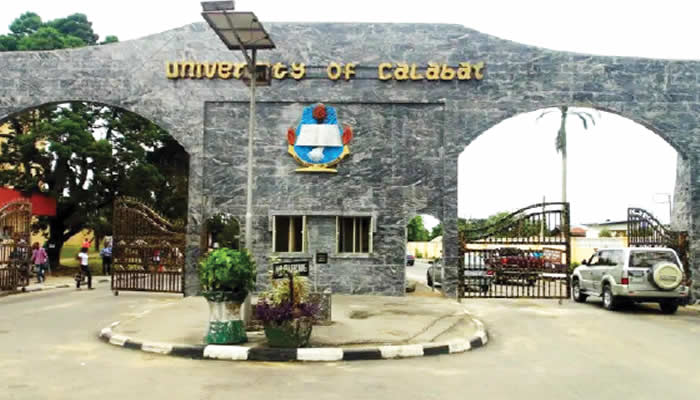
UNICAL VC calls for end to impunity, says women leaders will drive growth
The Vice Chancellor of the University of Calabar (UNICAL), Professor Florence Obi, has urged for a radical change to the culture of impunity in Nigeria, emphasising that competence and merit should be prioritised over systemic anomalies.
Speaking at the maiden Conference of the Association of Female Vice Chancellors of Nigerian Universities, Obi stressed that women’s leadership potential should not be judged by a few failures, but rather by the many who possess the capacity and merit to deliver quality service.
Obi argued that women are natural leaders and effective managers of resources, and that their participation in positions of authority would lead to Nigeria’s growth and development.
She called for a shift away from impunity and towards a culture that allows women to excel without encumbrances.
The conference, themed “Female Leadership in Higher Education Governance: Breaking Barriers and Building Bridges,” aimed to empower women in leadership positions and promote gender equality in education.
According to the VC, “By coming together to inaugurate the Association of Female Vice Chancellors of Nigerian Universities (AFVCNU), we have collectively accepted the responsibility that history has placed on us as leaders of the highest citadels of learning.
“I know our peculiar political landscape which does not give a premium to ideas from intellectuals. But I am extremely confident that our depth of ideas and vision, resoluteness, and commitment can create a new atmosphere for great things to happen not only in our campuses but also in other areas.
“In the course of the last three and half years as Vice-Chancellor, my efforts in this direction have largely been successful and impactful in the system, characterised by courage and doggedness.
“The culture of impunity that has become rooted in our clime deserves radical and courageous measures, no matter whose ox is gored.
“In my university, in furtherance of the culture of academic excellence, my administration instituted the Vice-Chancellor Scholarship for the best students with CGPA above 4.00 on the scale of & across the 110 departments
“Gender sensitisation is very active on our campus and female students are deliberately encouraged to speak against molestation and sexual harassment. Though sometimes such outspokenness attracts negative publicity to the University, I know it testifies to the success of our efforts,” she said.
Speaking further, she explained that allowing more women to come into positions of authority will be the right step in the right direction for the country to move forward.
According to her, “I’m not referring to women that lack capacity, but those who merited the opportunity but discriminated against because of their gender.”
She maintained that the conference is a veritable platform for them to mentor young women in education governance and also encourage them to aspire to any position they desire in academics, politics and other spheres.
“Higher education governance has been in the hands of men since the days of University College, Ibadan, and as at today only about 40 women have been given the opportunity to lead institutions of learning, since the inception of university education in Nigeria.
“From inception, we have had close to 500 or more men head such institutions. So, now that for the first time we are having 24 women serving as vice chancellors, we taught it wise to mentor other women to aspire for greatness,” she said.




